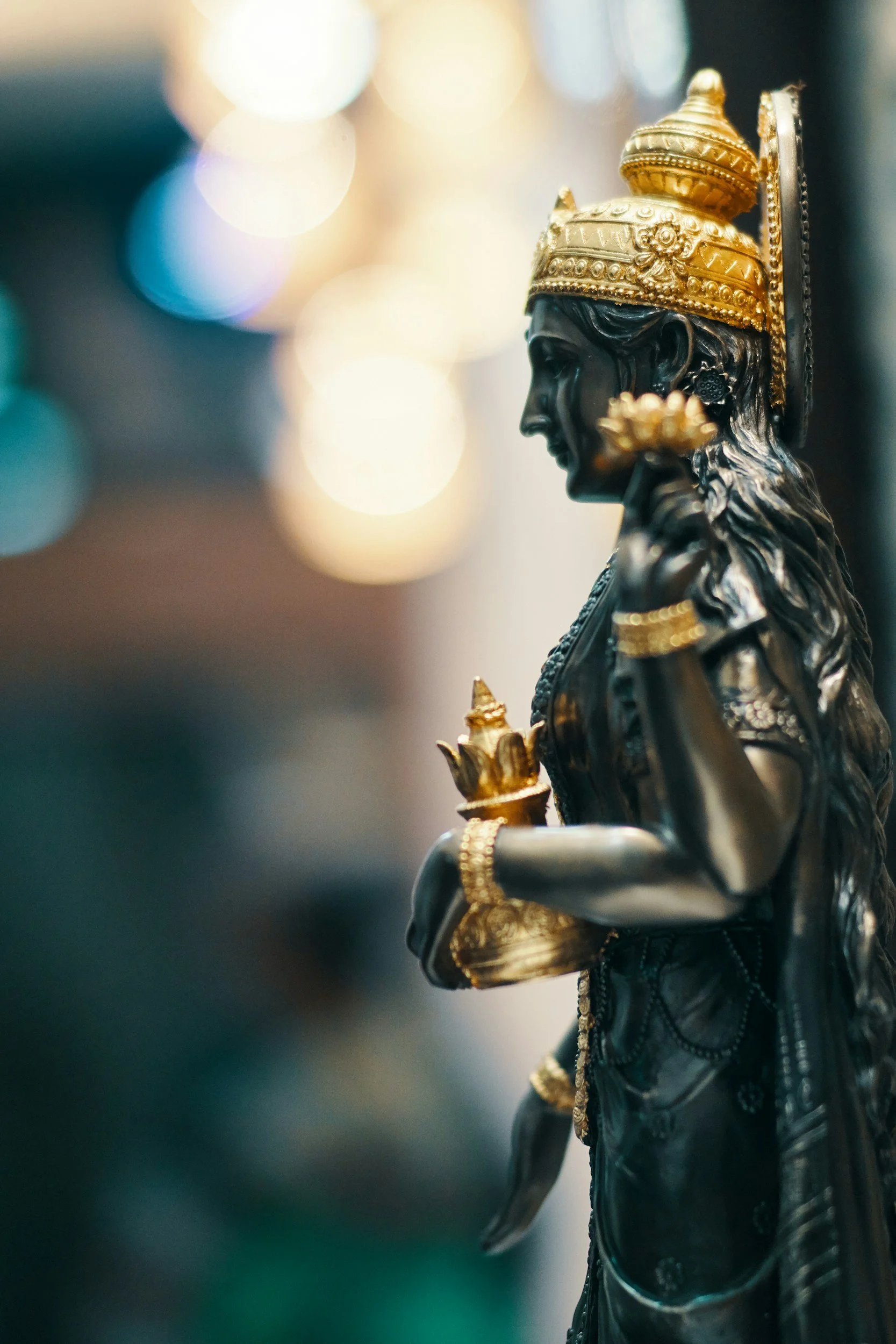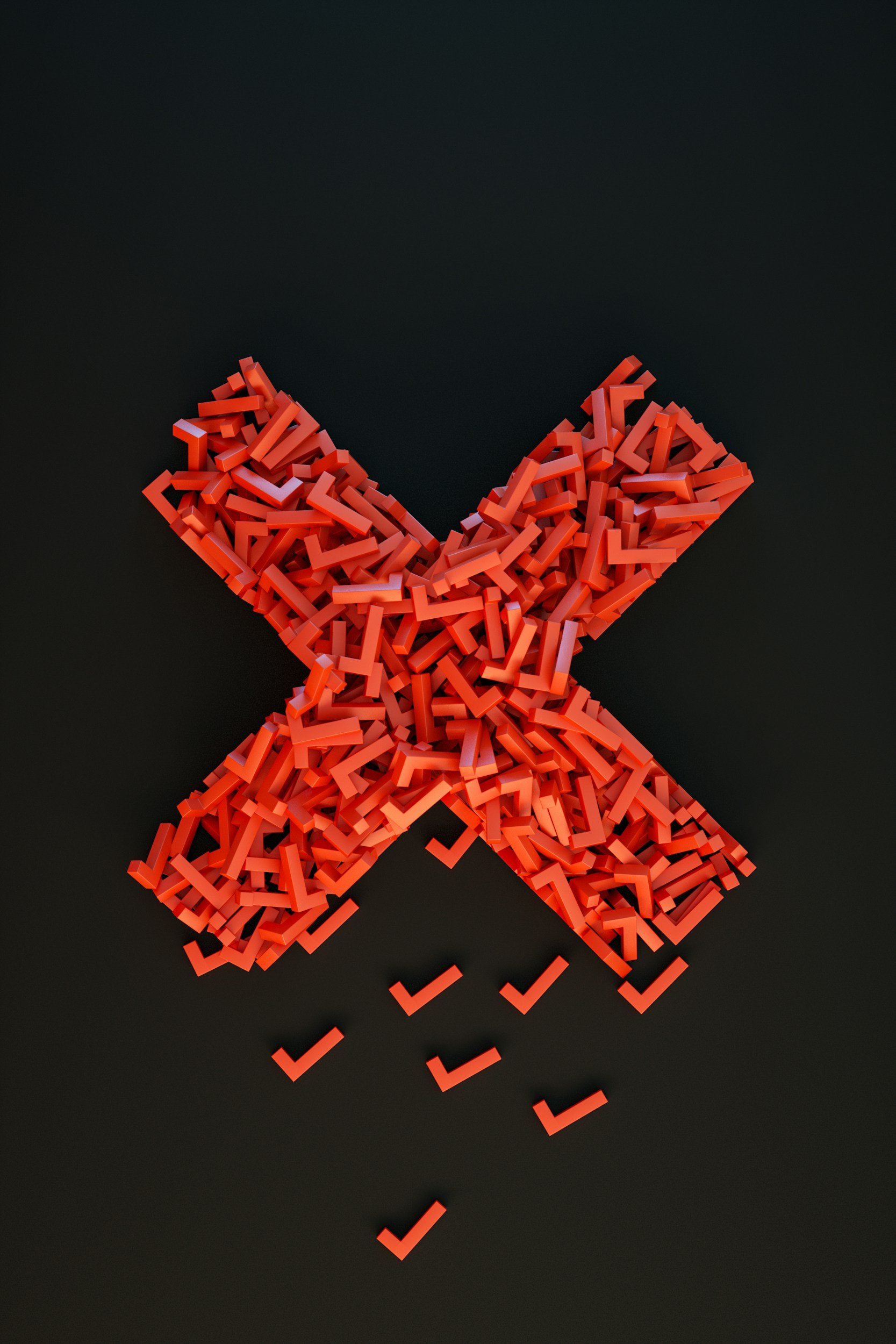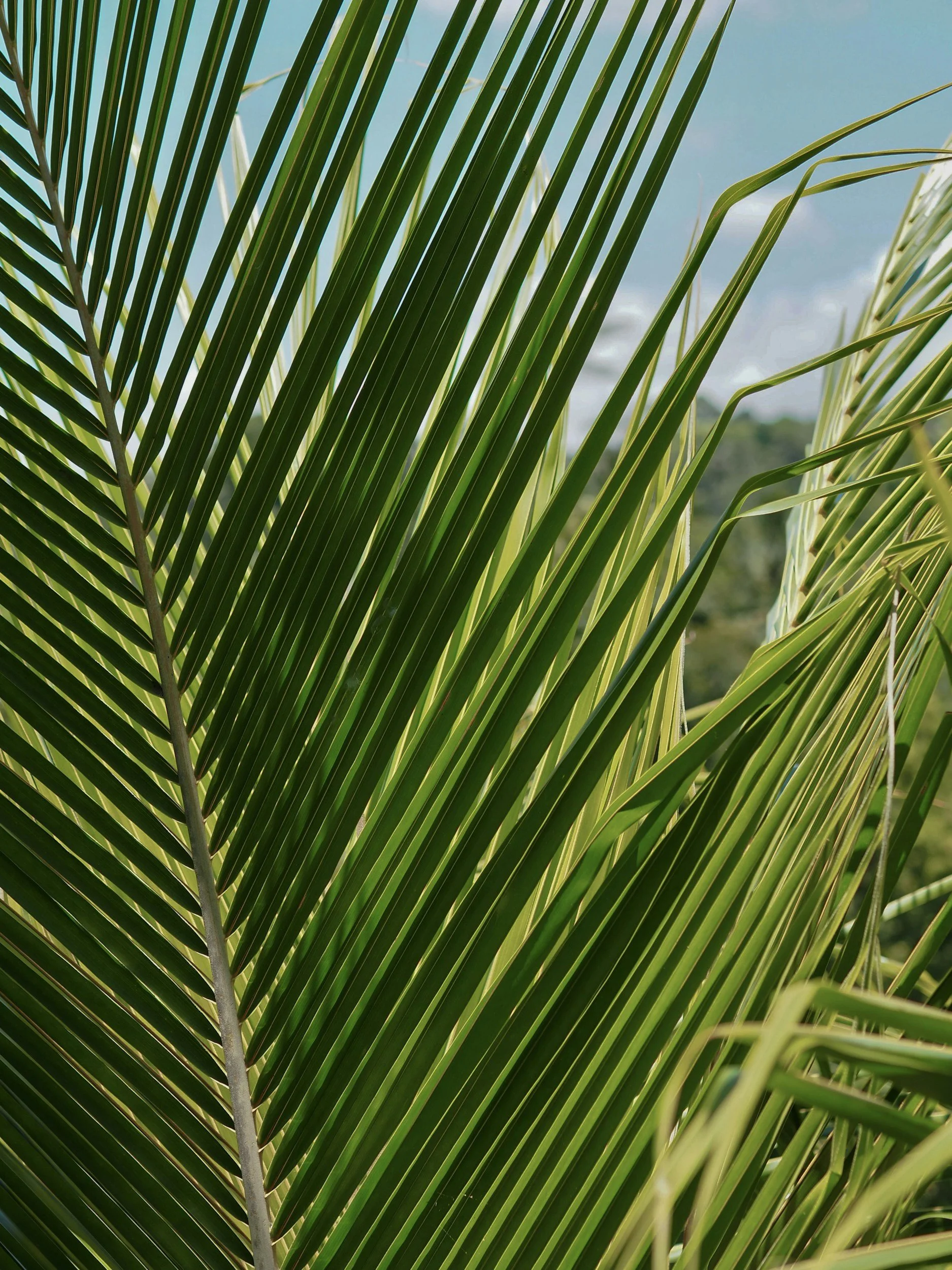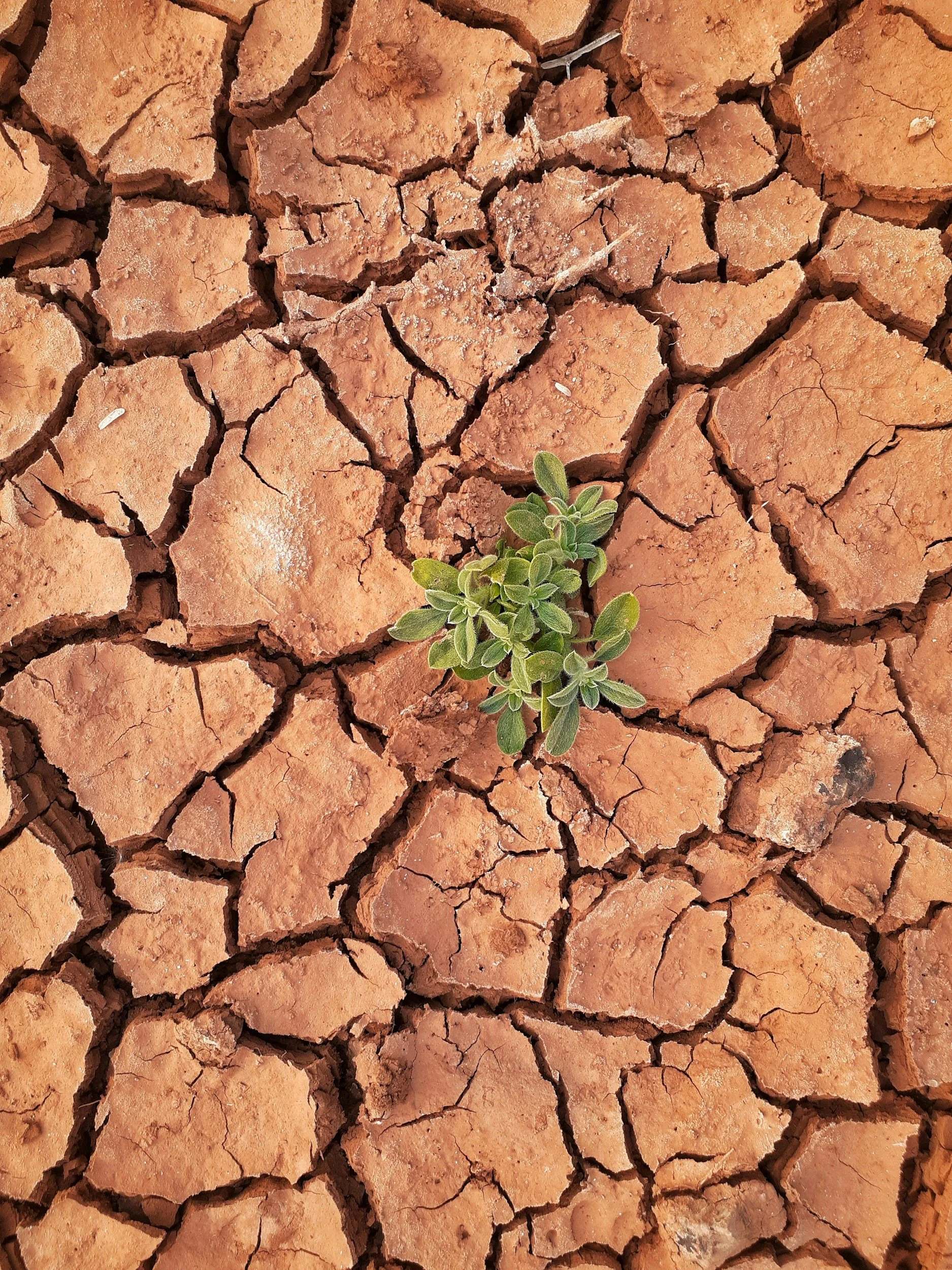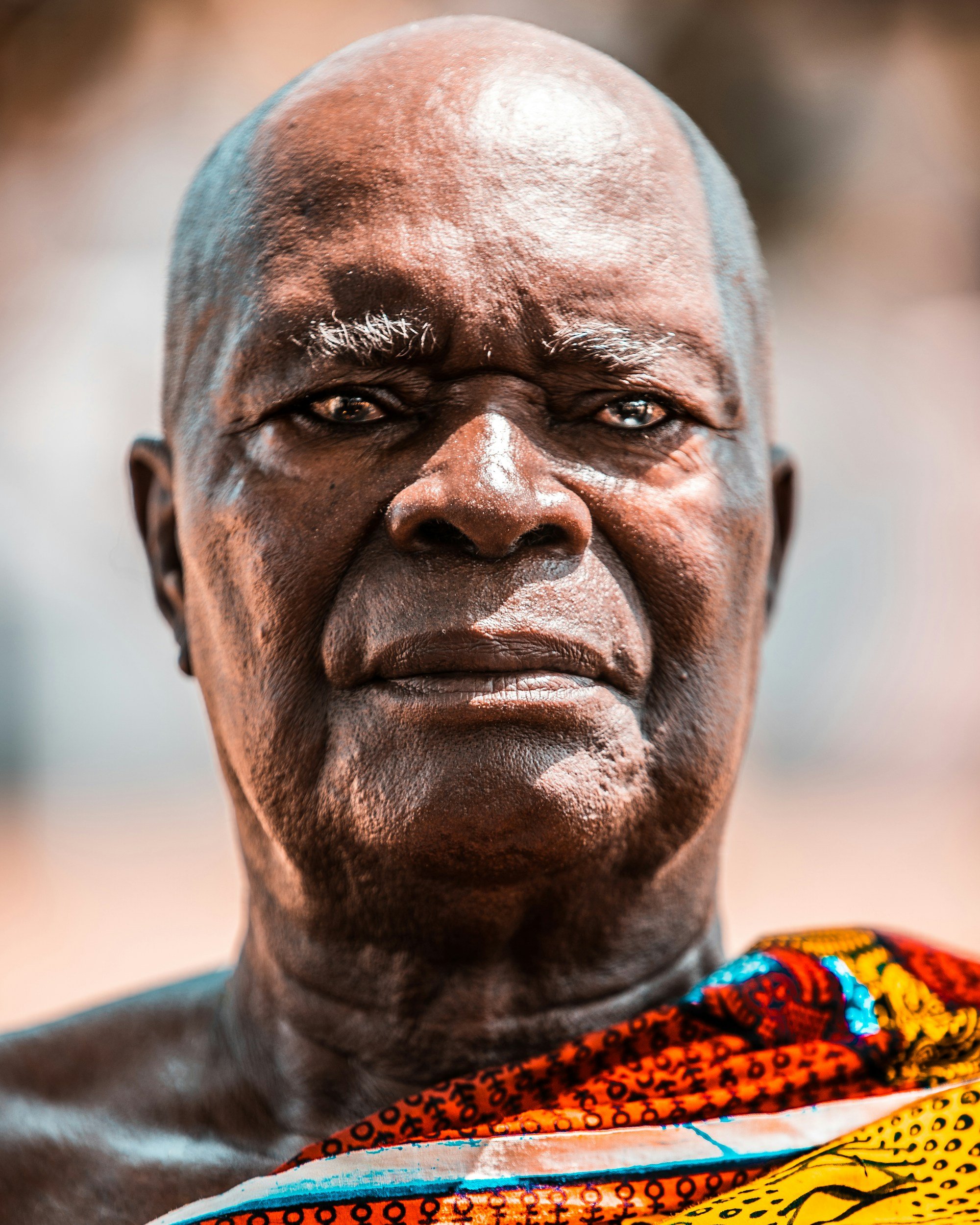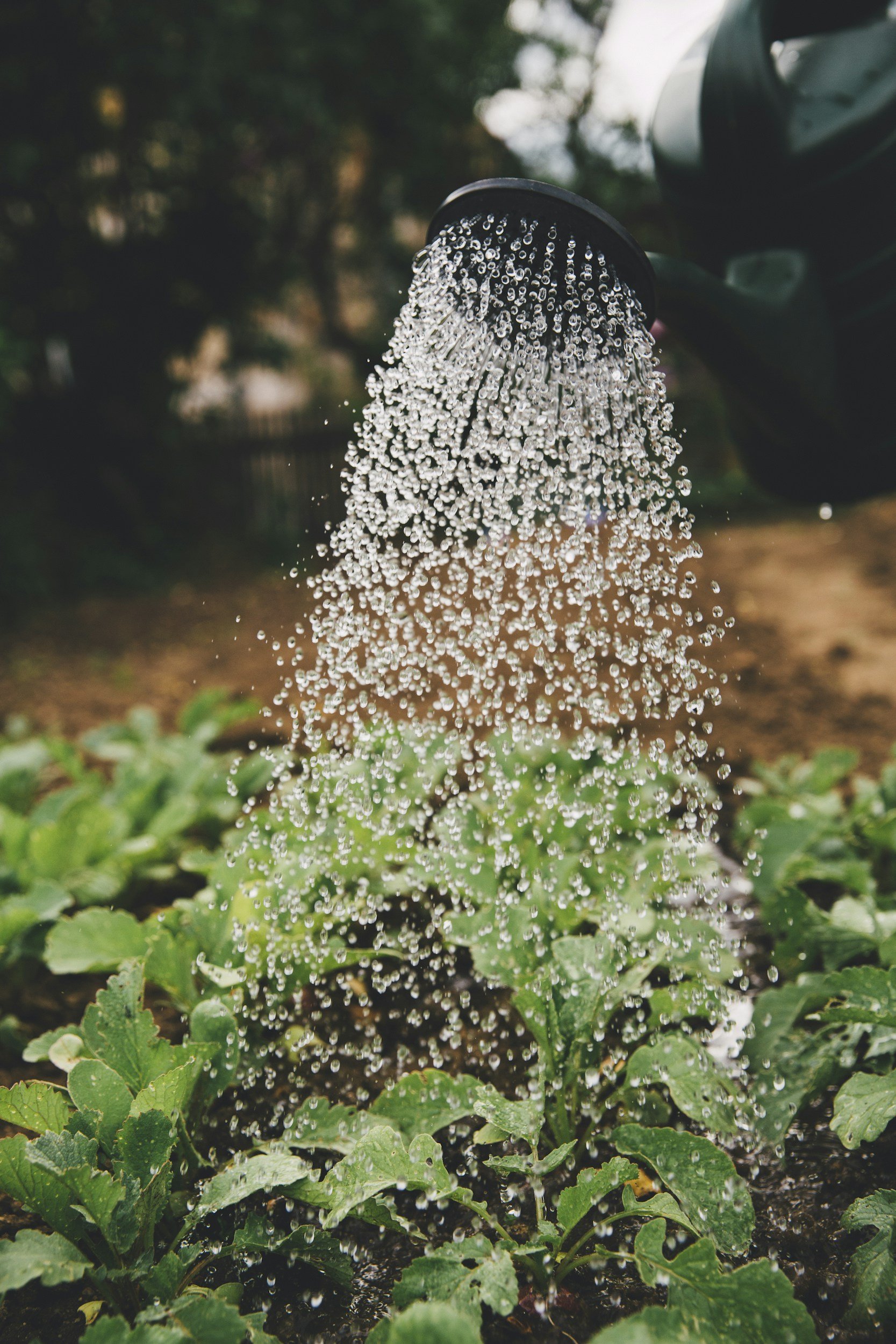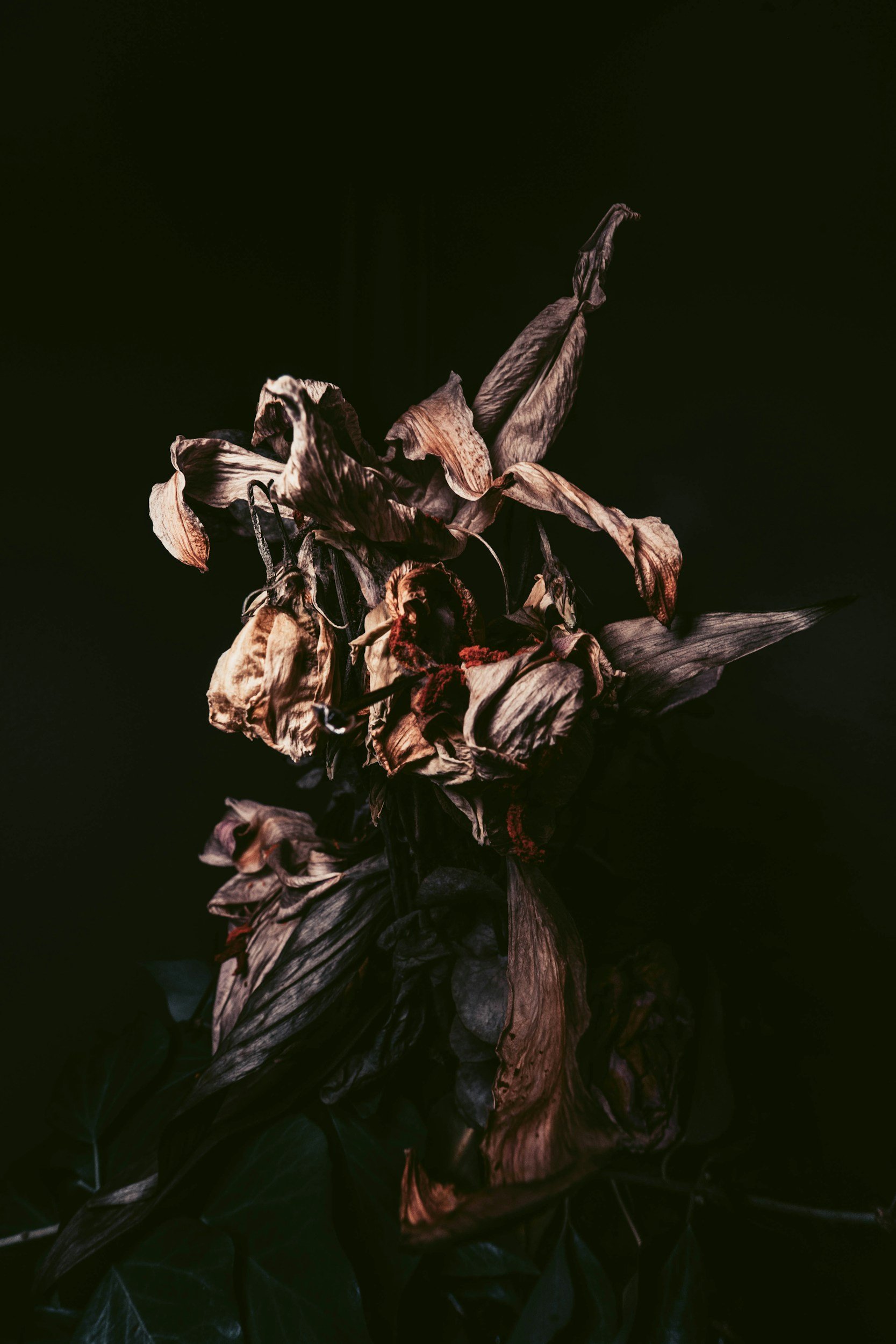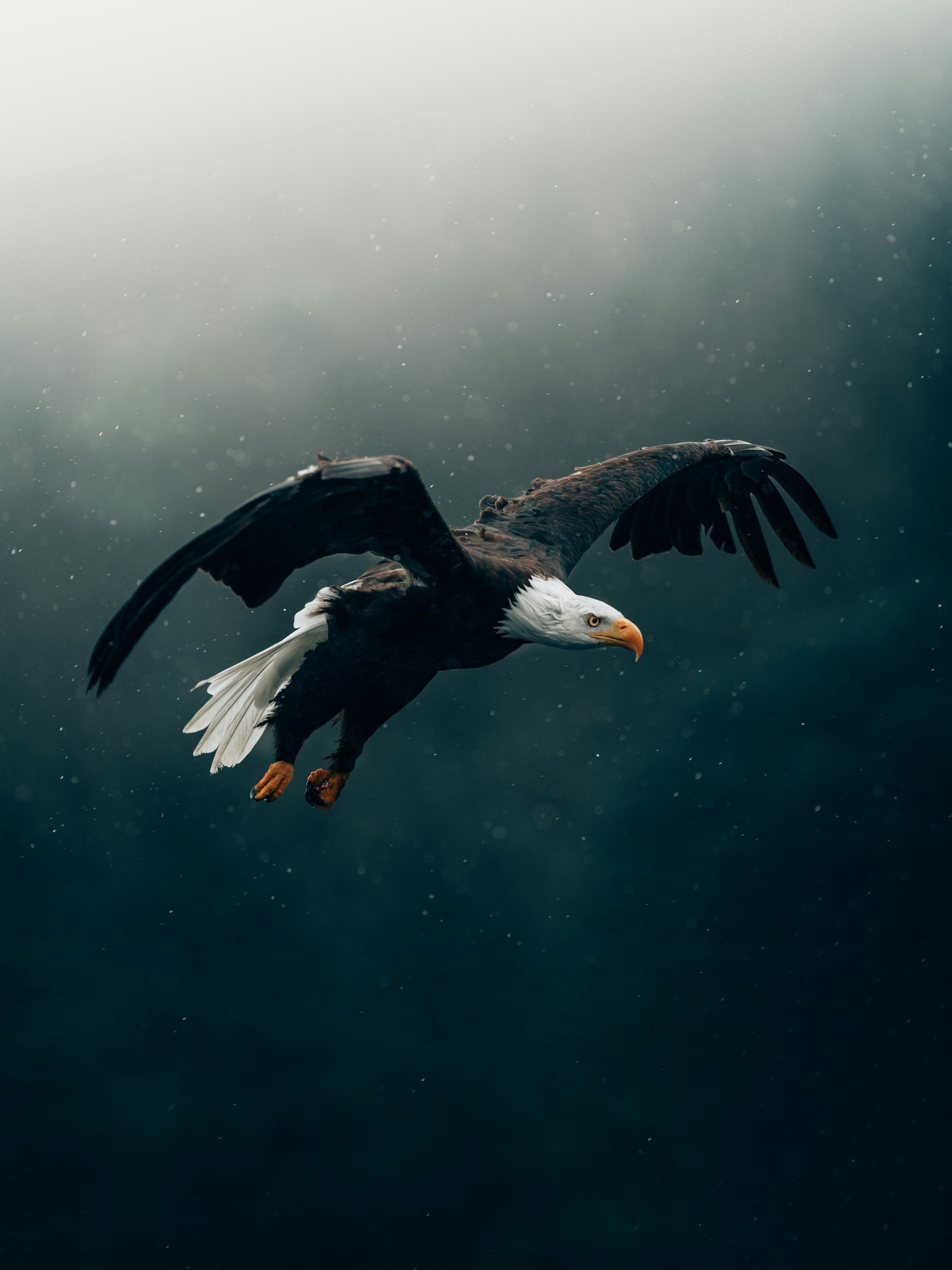Aha Otito: 50 Praise Names for Honoring Deities, Spirits, & Cosmic Forces in Igbo Spirituality
In Igbo culture, praise names and reverential titles are commonly used for both universal forces and members of the community. This practice reflects the belief Igbos have that the divine (uwa mmuo) and mundane (uwa mmadu) are interconnected. The belief is that everyone embodies divinity (Chi) to varying degrees from birth and the more an individual actualizes their divine potential (Akaraka chi), the more reverence they receive through titles and recognition within the community. There are few praise names reserved exclusively for the supreme creator e.g (Nne)Chukwu Okike, but those ones are not our focus in this post.
In the essay "Praise Names and Power De/constructions in Contemporary Igbo Chiefship" (2009), Obododimma Oha succintly captures the tradition of praise names within Igbo culture.
‘It is not only human beings that are given praise names. Communities, the supernatural, and even animals, are sometimes given praise names. With respect to communities, praise-naming is often used in constructing the pride of their identities, in fact for patriotic reasons. In the case of the praise-naming of the supernatural, it is a rhetorical means of gaining the favour or enlisting the support of the being in question, like in the case of several praise names given to God in Jewish religious tradition.
Many personal names given to or taken by people, as their identities, may be praise-oriented, and the praise may be directed to either the supernatural, the bearer, or the giver of such a name, for example parents.’
In the same essay, Obododimma Oha distinguishes between praise names used in different contexts, such as ‘Aha Echichi’, ‘Aha Ntutu’, and ‘Aha Otito’, which are relevant to this discussion.
‘aha otito (praise names), which are additional names taken by or given to individuals, either in backing up the traditional titles they have taken or in testifying to their competence in various vocations such as hunting, herbal healing, artistic productions, etc. There is a slight difference between aha ntutu (sobriquet used in greeting) and aha otito (praise name), just as there is a difference between aha echichi (title name), aha ntutu, and aha otito. Aha ntutu may be praise-oriented, in other words, it may also be aha na-enye otito (a name that praises), or a name that generally teaches a philosophy of life without any tickling of the ego. Every adult in the Igbo society normally chooses aha ntutu with which people greet him or her. Most of the time, it is the person’s age grade that asks the person to provide such a name, especially because within the context of the age grade, individuals discursively try to reconstruct their social identities with their abilities and philosophies. Also, in performances (dance, masquerading, wrestling, etc), the identities featured in the aha ntutu are particularly engaged in moving action. It tends to indicate how in the Igbo society attempts are made to harness the philosophies and perceptions of individuals, and to identify these philosophies and perceptions as people in social action. People who are unable to provide aha ntutu for themselves are normally regarded in their groups as being incapable of reflecting on life and perceiving their roles in life.’
In Igbo communities, its common for the praise names listed below to be given to people who have earned it as well. This practice stems from that belief that each person embodies divinity to different extents. Some members of the socities are even believed in some cases to be direct (re)incarnations of deities or cosmic forces.
50 Igbo Praise Names for Honoring Divinity:
Achala/Achara Ugo: Perennial tropical grass (Elephant grass) that attracts the Eagle | One who attracts good things | Majestic being that can summon another majestic being.
Agbanwe Agbanwe: Unchanging one | Unshakeable being | Reliable one | Consistent with results.
Agbataobi nwa ogbenye: The friend of the poor.
Agubata ohia, mgbada awara oso: The Leopard that arrives into the forest and causes the deer to flees | One to be feared | Mighty being.
Agu neche mba: The leopard that watches over or guards the community | Protector.
Agu ji egbe: The leopard that holds a gun or weapon | Warrior.
Aka ji mba: The hand that holds the community | Provider.
Aka na agwo oria: The hand that cures illness or disease | Healer.
Akwa Akwuru: Infallible egg | Unmovable being | Unshakable force.
Amama Amasi Amasi: All knowing one | Omniscient being.
Amuma Mmiri: The divine mind of water | Prophetic gift of water | Seer | All knowing and seeing being.
Anu ana gba egbe ona ta nni: The animal that continues to eat food while it is being shot at | One who fears no one but should be feared instead | Mighty one that prevails despite attempts by others to hurt them.
Anyanwu Ututu: Morning sun | Morning star | Light of the world | Shining star.
Chi ajo mmuo huru wara oso: The force that evil spirits saw and ran away | One who chases away evil spirit.
Ebighebi Eligwe: The everlasting being of heaven | One who lives in the heavens | One who lives in higher dimensions.
Ebube Dike: Glorious warrior | Glorious hero | One who overcomes with strength and brings glory.
Ejide/Echeta obi esike: The one who gives of confidence when remembered | Giver of hope.
Ekwueme: One who does what they say | One who speaks and does as they have said | Trustworthy and Reliable being.
Ike ka Ike: Power that is greater than power | A force greater than all forces.
Ike meriri onwu: The power that defeats death.
Ikuku ama na onya: Air that can never be caught by a trap | The wind that cannot be trapped | Untouchable force | Wind that does not blow in vain.
Isi iyi ike ndu: The stream of life | Foutain of life | River that gives life.
Mmiri di Egwu: Powerful force of water | Mighty force to be feared | Mighty waters.
Mmuo n’eri Mmuo: Spirit that eats other spirits | Powerful force greater than all forces.
Mmuo ka Mmuo: Spirit greater than spirits | A mighty force.
Obata Obie: One whose presence ends every pain or misfortune | One whose presence puts an end to troubles | One whose arrival brings peace.
Obata ulo adinma: One who comes to a home and everything becomes good | Bringer of favor or good fortune.
Ogbajiri igwe kpo ya nku: One that breaks irons and calls it wood | One that breaks metal like firewood | A force that puts an end to hard things with ease.
Odogwu Akataka: Fearless warrior | the One that is stronger than the strongest.
Ogaranya Ngadanga: The wealthiest of all | The richest one that there is | One who produces wealth like its nothing.
Ogbara nkiti okwu juru onu: The silent one who keeps quiet but has a mouth full of words | One that has so much to say but decides to keep quiet | Powerful force that can do and undo as it likes.
Ojena Mmuo: One that walks in the spirit realm | A force that moves in spirit.
Ojemba: The traveler | One who goes to and fro wherever they like | A force that moves freely without boundaries.
Oji nkata eku mmiri: One that uses a basket to fetch water | One who carries water in a basket | A being that can do the impossible with ease.
Okariri ihe asi na obu: A force that is greater than what people call it | Unfathomable being.
Okechi: Mighty force | A great god.
Oke mmiri n’ebu ogwe: Great water that carries fearful storms | Mighty water that destroys anything that stands in its way.
Oke osisi na-enye ndu: The great tree that gives life | The mighty tree that gives protection | The mighty tree of life.
Oku n’ere ere: Consuming fire | Unquenchable fire.
Oloro ihe loro enyi: The one that swallows the thing that swallowed an elephant | A mighty force bigger than all things | A gigantic being.
O kwusia o gwu: One who has the final say | The force that speaks and puts an end to all matters.
Omemma: One who does good | Bestower of blessings.
Ome lo Ora: One who does everything good for the community | A kindhearted caretaker.
Ome Okachie: One who does and seals the thing they did with excellence | One who completes whatever they start | One who does something and does it with the maximum amount of force.
Ome Udo: The peacemaker | Bringer of peace.
Oke/Nnukwu mmanwu n’eti onwe ya: The masquerade that flaunt itself | A masquerade that moves on its own or functions alone.
Oshimmiri (Atata): Mighty waters | The river that never runs dry | Bottomless sea.
Osu ofia ukwu: The one who clears a mighty forest | The force who mysteriously solves problems.
Otu aka n’eru mba: The hand that sustains a people or community | The hand that reaches the whole earth | The hand that provides for everyone.
Ugwu nyiri onye oso: The moutain that cannot be climbed.
Ugwu ana ria atu egwu: The mountain that when your climbing it, you become afraid | A terrible force.
Uta gbawara uli: The arrow that can break the tomb or grave.
Those are the 50 (+2 bonus) praise names we've highlighted for you. In various cultures, it's believed that what we acknowledge manifests itself, and vice versa. Humans (Mmadu) and Spirits (Mmuo) coexist, reverence expressed in names is a way to acknowledge the divinity around us.
We trust that you found this insightful. Leave a comment below and share praise names from any language you know, along with their meanings.

